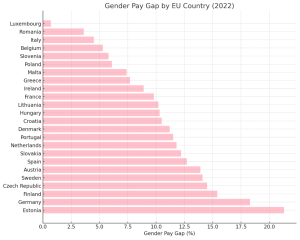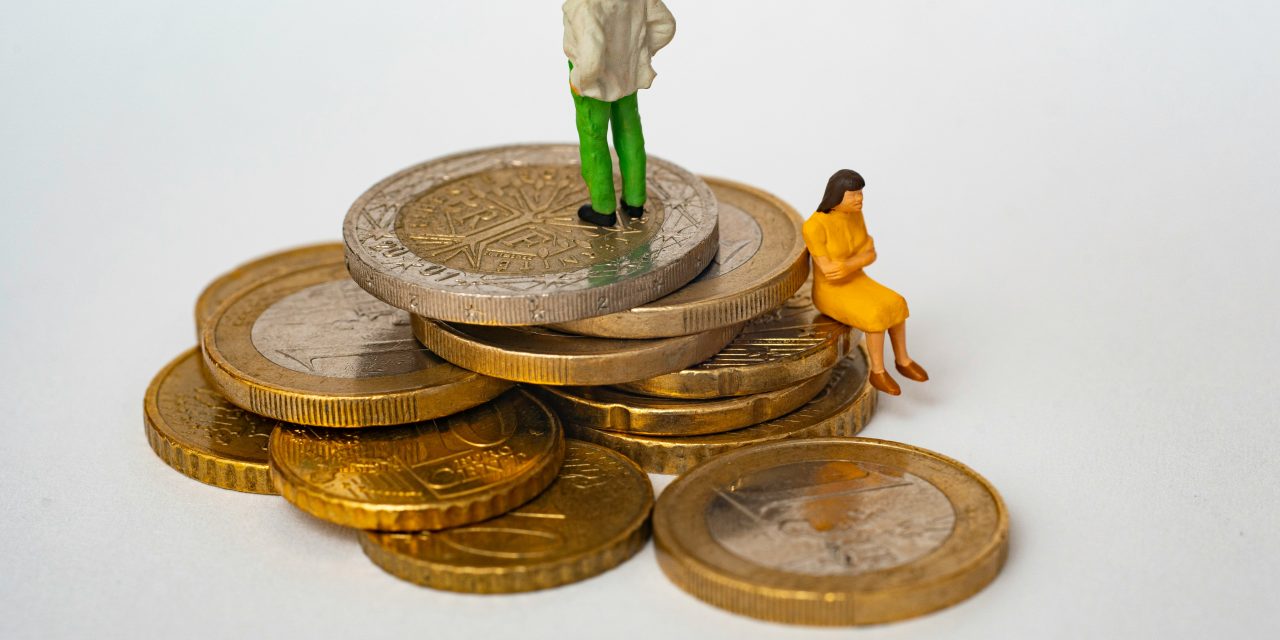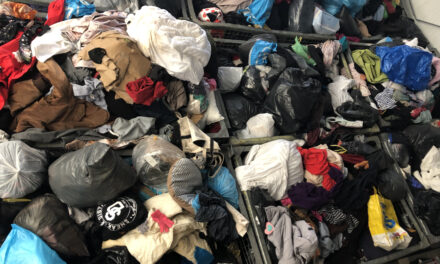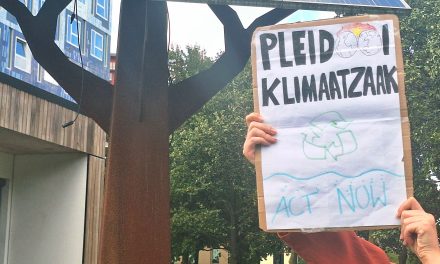Equal Pay Day 2024: A Call for Transparency and Equality
Brussels – This Thursday, November 14, marks Equal Pay Day, a symbolic reminder of the persistent gender wage gap in Europe. Originally launched in the United States in 1996 and adopted by Business and Professional Women (BPW) Europe in 2008, the day highlights how far into the year women must work to earn what men earned the previous year.
The issue remains vital: on average, women in the EU earn 13% less per hour than men. In countries like Estonia, the gap widens to 21.3%. But in Luxembourg, which adopted equality measures years ago, the gap is just 0.7%.

Why Does the Gender Pay Gap Persist?
The causes of the wage gap are complex. One of the causes is sectoral segregation says Ilze Smit, project lead on women’s workforce issues at major Dutch trade union FNV. “Women are often employed in undervalued sectors like healthcare or childcare, while male-dominated industries, such as construction, are better paid.”
The imbalance extends beyond job roles. Women take on more unpaid work at home, like house chores or taking care of children and elderly. Female managers in the EU earn, on average, 23% less than their male counterparts states the European Commissions report on gender equality.
Pay discrimination also persists. Despite European laws mandating equal pay for equal work since 1957, women often earn less for doing the same job. “It’s deeply demotivating,” says Smit. “If you find out your male colleague is earning more, it impacts your motivation and reinforces inequality. It is a big problem also on an individual level. Which then again has a huge effect on the emancipation of women in general.’’
What Can Be Done?
Efforts to close the gap are gaining momentum. One promising step is the EU’s wage transparency law, set to take effect in 2026. The directive will require companies to disclose salary information and conduct wage audits, helping to expose and address unjustified pay differences.
“In countries where transparency laws exist, the wage gap visibly decreases,” explains Smit. “Luxembourg is a great example. Their equality plan has brought measurable improvements and could serve as a example for other nations.”
Trade unions and advocacy groups are also pushing for collective agreements with employers to ensure regular wage gap research. This provides companies with insight into their internal pay structures and encourages them to take corrective action.
Looking Ahead
As we approach 2026 and the implementation of the wage transparency law, optimism grows. The directive is expected to foster greater accountability among employers and empower women to demand fair pay.
However, as Smit emphasizes, systemic change requires collective action: ‘’I hope women all over Europe and all over the world see that this is a collective issue. And we need sisterhood, we need to support our female colleagues that are fighting against the system. And together we can really change the future, so that we can have Equal Pay Day at the 31st of December someday.’’
Brussels based organization Amazone is one of those organizations that already fights for a more equal future between men and women. Closely following the feminism movement in Brussels Amazone supports protests, hosts several women-led organizations, and provides both a resource center and a congress center to empower and advance gender equality initiatives.
Listen here to the audio interview on their view on the gender wage gap in Europe:
*In this article the terms ”men” and ”women” refer to anyone who recognises themselves under this name and maintain that everyone is free to define their own gender identity.




